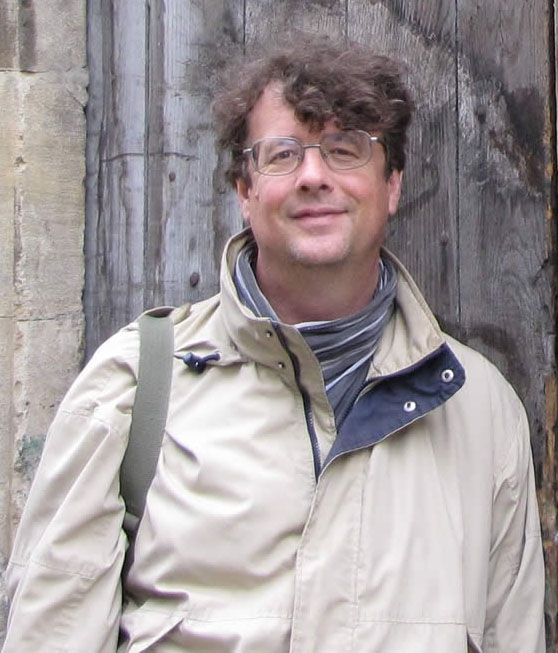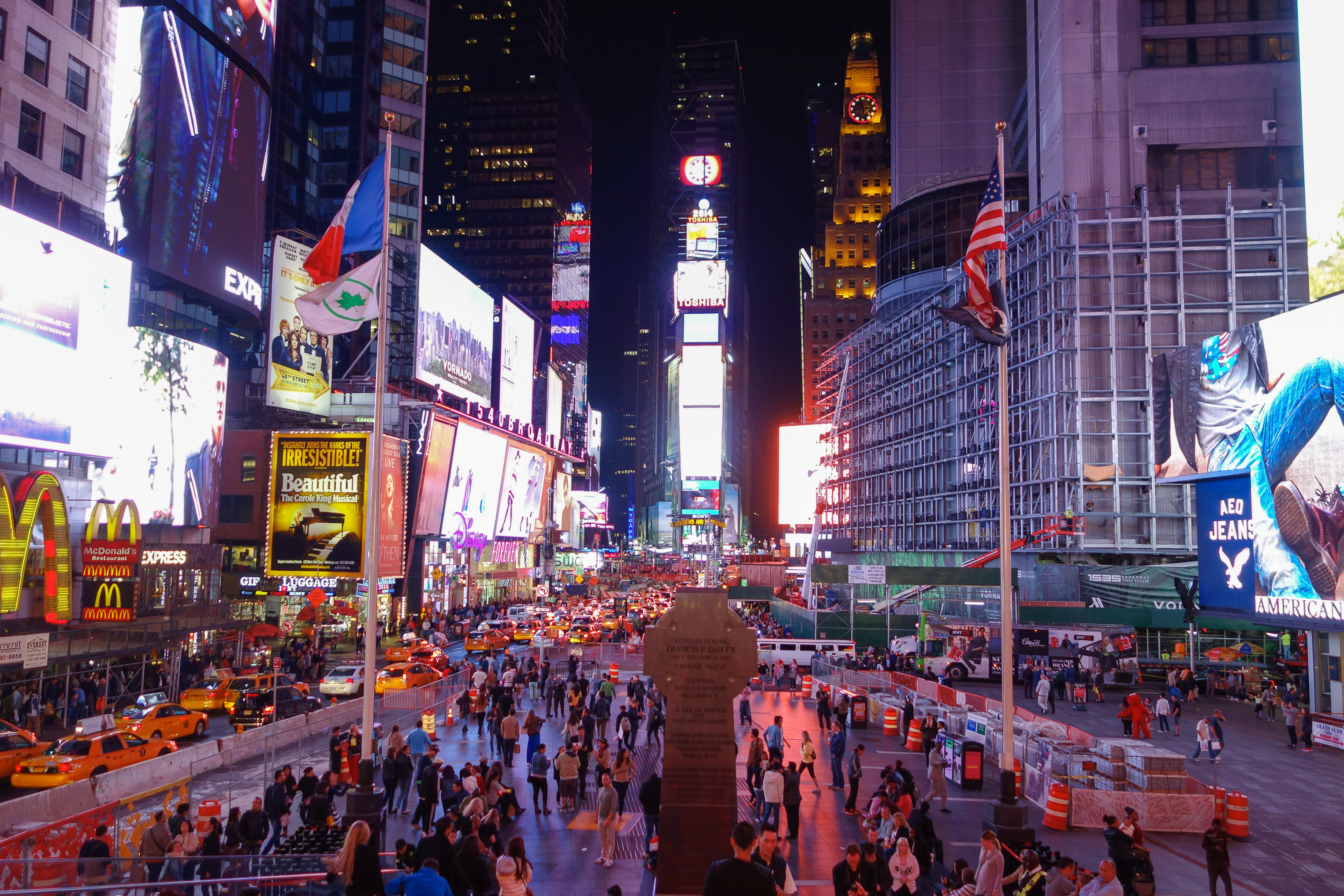Addiction as a passion – the philosophy of addiction
OkategoriseradeJohan Myrskog, editor Publicerad 11 Feb 2019
We need the right vocabulary to recognize and treat different forms of addictions. All the more so in the midst of the opioid crisis in North America, says the Canadian professor Louis Charland. PopNAD had a chance to discuss with Charland, his philosophy on addiction and his views on the American opioid crisis.
Louis Charland’s interest in the philosophy of addiction began when he started studying the work of the French professor and author Théodule Ribot some 15 years ago. Ribot was a contemporary of William James, considered the main authority on experimental psychology of his time.
– Ribot is equally important in the early 1900s, but because he only wrote in French and his work was not translated he was unfortunately somewhat forgotten, explains Charland.
Ribot’s essay on passions fascinated Charland.
– I thought it was remarkable that a writer of this importance wrote about such things as passions and about distinguishing¬¬ passions from emotions. He based his thoughts on a tradition that includes Philippe Pinel and Immanuel Kant.
But it was when Louis Charland was asked to participate in a translation of one of Pinel’s works that he began to realize that he was about to discover something big.
– I came to the conclusion that the word “passion” is something essential in French but that it often has been translated to “emotion”’ in the English language. Pinel used both of these terms, and I had to convince colleagues and editors of the importance of respecting the distinction in translations from French to English.

Why, then, is vocabulary so important? What difference does it make whether the word passion or the word emotion is used? Just as Immanuel Kant, Philippe Pinel saw passions as long-term inclinations while emotions appeared to him as short-term feelings. The passions do not necessarily have to be of evil nature like anger, wounded pride, or fear of afterlife. They can also be things such as love or a desire to do good. Pinel recognized that human beings are driven by passions, which organize emotions around a fixed idea.
– Passions can cause mental disorders if they become too extreme. Shakespeare’s Othello is a good example of this. His love for his wife is a good thing but in the end it drives him to kill her. The passion went too far. Passions are not to be seen as emotions. I argue that we lack the right vocabulary in trying to understand the psychology of addiction.
A freedom illusion?
Louis Charland describes the human brain as a foundational factor for human beings, generating different forms of passions.
– The brain has an inherent function that makes us addicted to things, things that I with the support of Kant, Pinel, and Ribot call passions. It is not this function in itself that decides whether our passions are bad or good but our brains’ rewarding system is easily manipulated and there is always a risk of abusing this.

Charland also finds that is the reason why capitalism works so well:
– We would like to think we are free, but we are so easily manipulated. That is the dark side of capitalism. On the one hand it makes us believe we are completely free to do whatever we want and that we have the power to do that. But on the other hand, we know that the whole marketing industry is based on the fact that we can be affected and manipulated. Alas, it is a paradox, the human being is free to do whatever she wants but can she really do that in the midst of marketing powers?
Dependence or addiction?
The Diagnostic and Statistical Manual of Mental Disorders (DSM) is held as the leading authority for professionals in the United States and in large parts of the world. The committee for this book has not accepted the word “addiction” because of its uncertain definition and its potentially negative connotation. Charland’s opinions on the matter are clear.
– From a historical point of view, it is not necessarily as simple as a “negative connotation”. In early modern history the word “addiction” has been used in two completely different ways: as a disease and compulsion but also as something praiseworthy such as loyalty and devotion. For example, the theologian John Calvin thought that being addicted to God was perfectly normal and a good thing while he also recognized that addictions can be dangerous. Alas, “addiction” could be used in both positive and negative contexts. That stands in opposition to the argument that the committee of the DSM presents.

The DSM has instead opted to use the word “dependence”, which, according to Louis Charland, is not quite the same as “addiction”.
– If somebody is dependent it means to be in a state in which an organism functions normally only in the presence of a drug. It manifests as a physical disturbance when the drug is removed. Addiction on the other hand is a state in which an organism engages in a compulsive behavior. That behavior in turn is reinforcing and rewarding, and a limiting intake can lead to a loss of control. And that is why I think we should see addiction as a passion.
The responsibility of Big Pharma
When turning to the subject of the addiction phenomenon’s perhaps most apparent current materialization—the American opioid crisis—Charland sees a great need to point out the deep conflict of interest that exists within the pharmaceutical industry. Drug companies are being sued and prosecuted for making drugs addictive on purpose. Several companies have been charged for scientific dishonesty and for making drugs whose effect does not last as long as promised, leading people to consume them more frequently.
– Some medical companies have been accused of fraud and deception, and the state of New York has been among those bringing these companies to the court. That shows the scale upon which this whole crisis is unfolding, explains Charland.
The debate on how to tackle the crisis is both politically loaded and scientifically complex. An aspect that Charland sees that should be emphasized more is the bindings between medical doctors and pharmaceutical companies: Practitioners are educated and informed about drugs by the medical companies, but do the individuals that become addicted possess the ability to judge what is best for them?
– Accidental suicides occur in terms of overdoses as people lose control over their medication. The medical companies ignore this, says Charland.
He points out the logic of availability increasing demand. A good historical example of a supply-driven acceleration of drug use is, according to Charland, the Chinese opium wars, which led to tens of thousands of people becoming addicted to opium in the 19th century.

